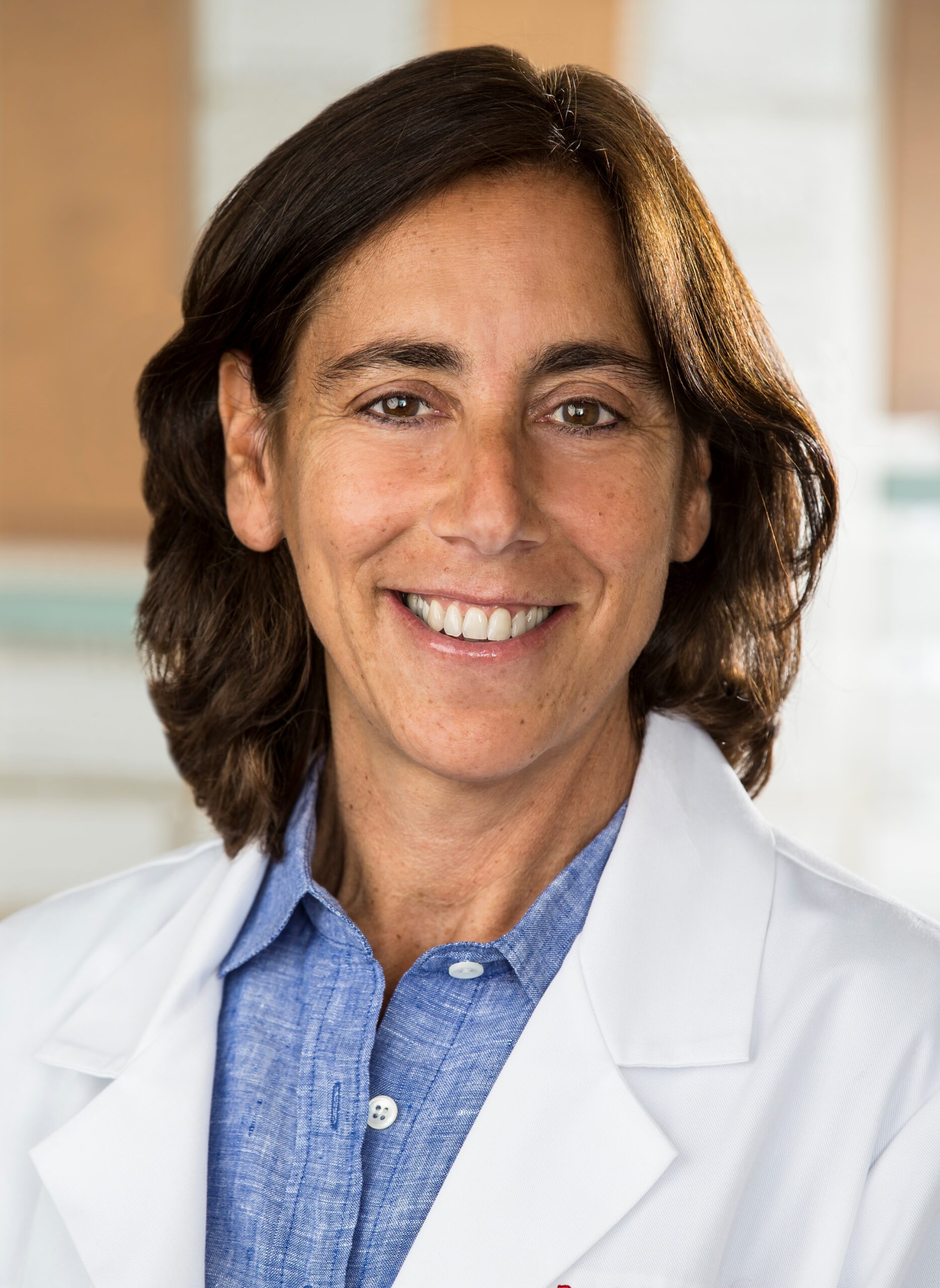By Rachel P. Dultz, M.D., F.A.C.S.
Aside from skin cancer, breast cancer is the most common cancer among American women.
In fact, about 1 in 8 women in the United States today will get breast cancer at some point in her life, according to the American Cancer Society.
However, with early diagnosis through screening, increased awareness and advanced treatment options, women are able to beat the disease and lead healthy lives.
The Breast Health Center at Penn Medicine Princeton Medical Center (PMC) offers a full spectrum of breast care, from preventive services such as mammography to cancer treatments that are more advanced and targeted than ever before.
October is Breast Cancer Awareness Month and is an opportune time for women to talk with their doctor about their risk for breast cancer and breast cancer screening.
Early Detection is Key
Most women can survive breast cancer if it is found and treated early. To be sure, there are more than 3.1 million breast cancer survivors in the United States today.
In most cases, there are no symptoms associated with breast cancer. Often, it is first found as a lump in the breast or with a screening mammography.
The American Congress of Obstetricians and Gynecologists recommends the following with an emphasis on shared decision-making between a woman and her doctor:
- If you are a woman age 40 to 49 with an average risk of breast cancer, talk with your doctor about when to start getting mammograms and how often to get them.
- If you are a woman age 50 to 75 with an average risk of breast cancer, be sure to get a mammogram every one or two years based on informed discussions with your doctor.
- Beyond age 75, women should talk with their doctor to determine whether to discontinue mammograms and decisions should be taken in consideration of a woman’s health and longevity.
It is important to talk with your doctor about your risk for breast cancer, especially if a close family member had breast or ovarian cancer. Other risk factors include:
- Changes in breast cancer-related genes (BRCA1 or BRCA2).
- Having your first menstrual period before age 12.
- Never giving birth, or being older when your first child is born.
- Beginning menopause after age 55.
- Taking hormones to replace missing estrogen or progesterone in menopause for more than five years.
- A personal history of breast cancer, dense breasts or some other breast problem.
- Having radiation therapy to the breast or chest.
- Being overweight, especially after menopause.
- Drinking alcohol.
If you are at high risk for breast cancer, talk with your doctor about when to begin screening and how frequently you should be screened.
Advanced Screening and Targeted Therapy
A mammogram, which is a low-dose X-ray used to look inside the breast, can detect cancers when they are very small and still confined to the breast.
The PMC Breast Health Center offers advanced breast cancer screening through digital tomosynthesis, commonly known as 3D mammography. This screening tool offers a clearer view of the breast compared with traditional 2D technology and is especially useful in detecting cancer in women with dense breasts.
Additionally, 3D mammography may lower the chance of being called back for follow-up testing and may also be able to find more cancers.
If an abnormality is detected through a mammogram, breast ultrasound and ultrasound guided biopsy are used for further evaluation and diagnosis.
Treatment for breast cancer varies from person-to-person and is increasingly more personalized and tailored to the specific cancer’s unique biological makeup. No two cancers are treated the same. Some may require surgery, while others may be treated with targeted chemotherapy or radiation.
Understanding the options as well as risks and benefits, is a critical step in the treatment process.
Staying Healthy
While there is no sure way to prevent breast cancer, there are things you can do to stay healthy and lower your risk.
- Maintain a healthy weight.
- Be physically active. Studies have shown that moderate to vigorous physical activity is linked with lower breast cancer risk.
- Limit or avoid alcohol. Even low levels of alcohol have been linked to an increase in risk. The American Cancer Society recommends that women who drink, have no more than one alcoholic drink a day.
- Breastfeed your children, if possible.
- Avoid exposure to chemicals that cause cancer.
- If you are taking hormone replacement therapy, talk to your doctor about the risks and benefits.
- If you have a family history of breast cancer or inherited changes in your BRCA1 and BRCA2 genes,talk to your doctor about other ways to lower your risk.
The Breast Health Center at PMC has been awarded three-year full accreditation by the National Accreditation Program for Breast Centers, a program administered by the American College of Surgeons.
The Breast Health Center has also been designated a Breast Imaging Center of Excellence by the American College of Radiology, signifying that PMC meets the highest standards of the radiology profession.
For more information or to make an appointment, call 609-688-2700 or visit www.princetonhcs.org.
Rachel P. Dultz is fellowship trained breast surgical oncologist and board certified surgeon as well as a fellow of the American College of Surgeons. She is the medical director of the Breast Health Center at Penn Medicine Princeton Medical Center.

